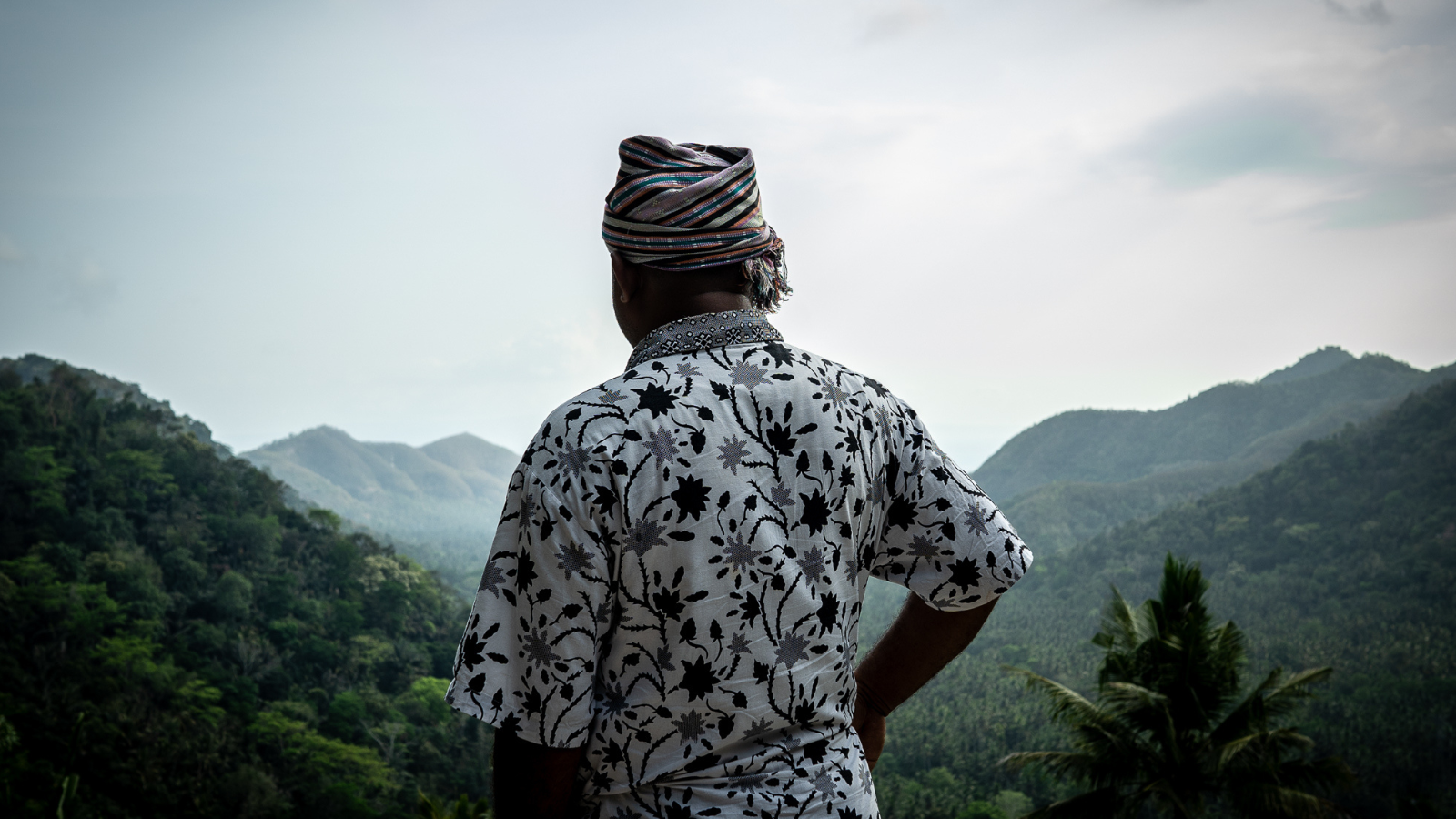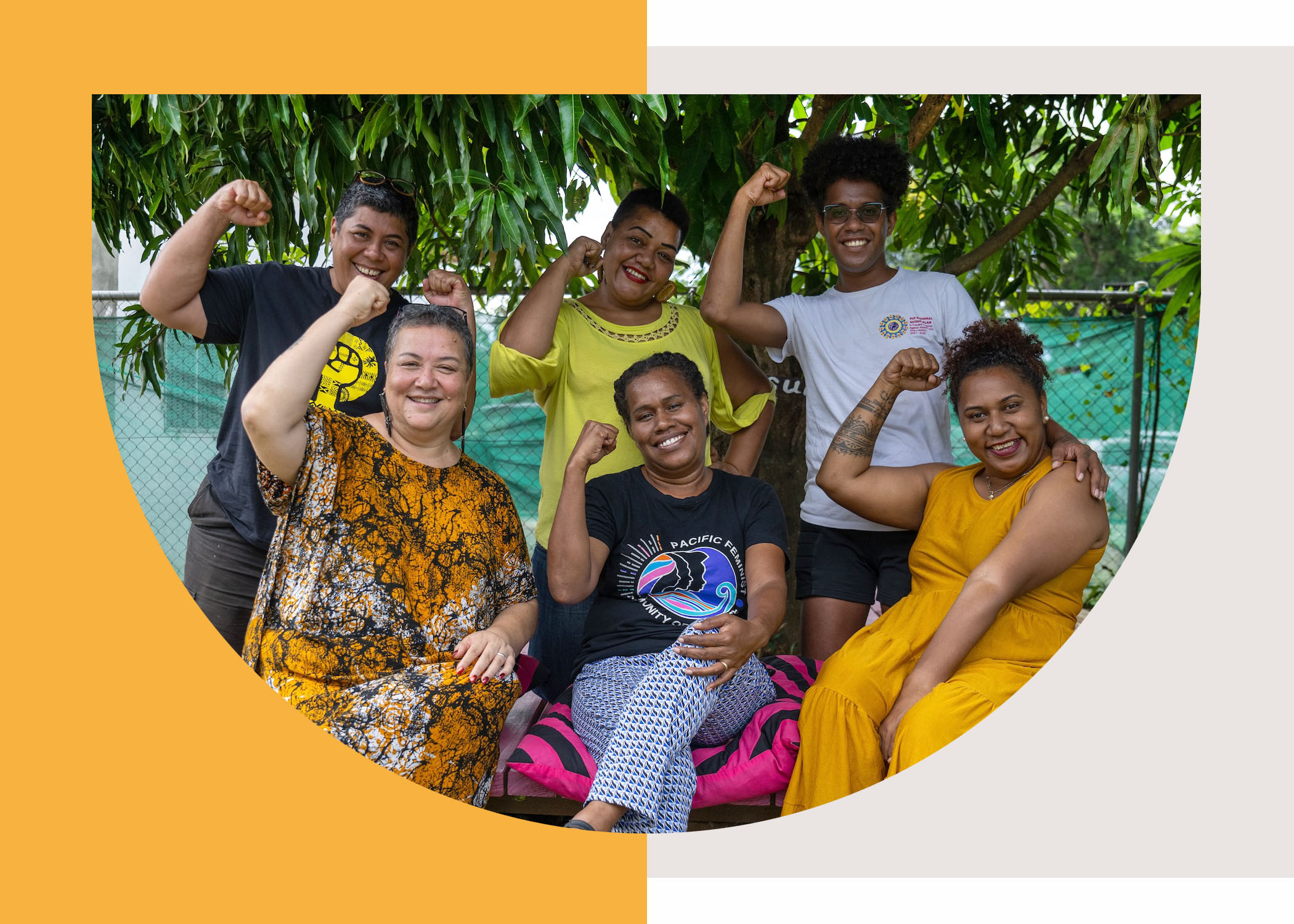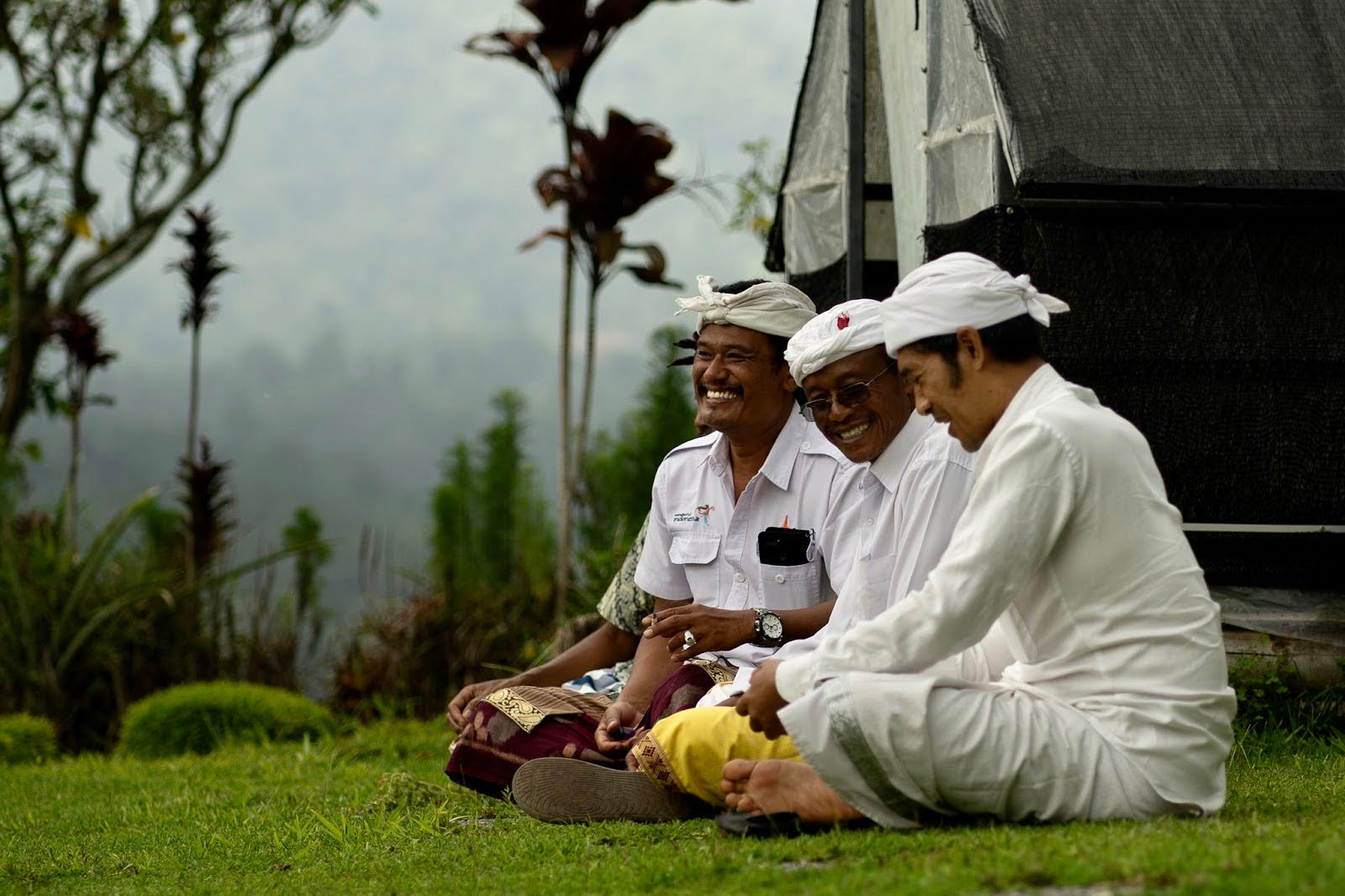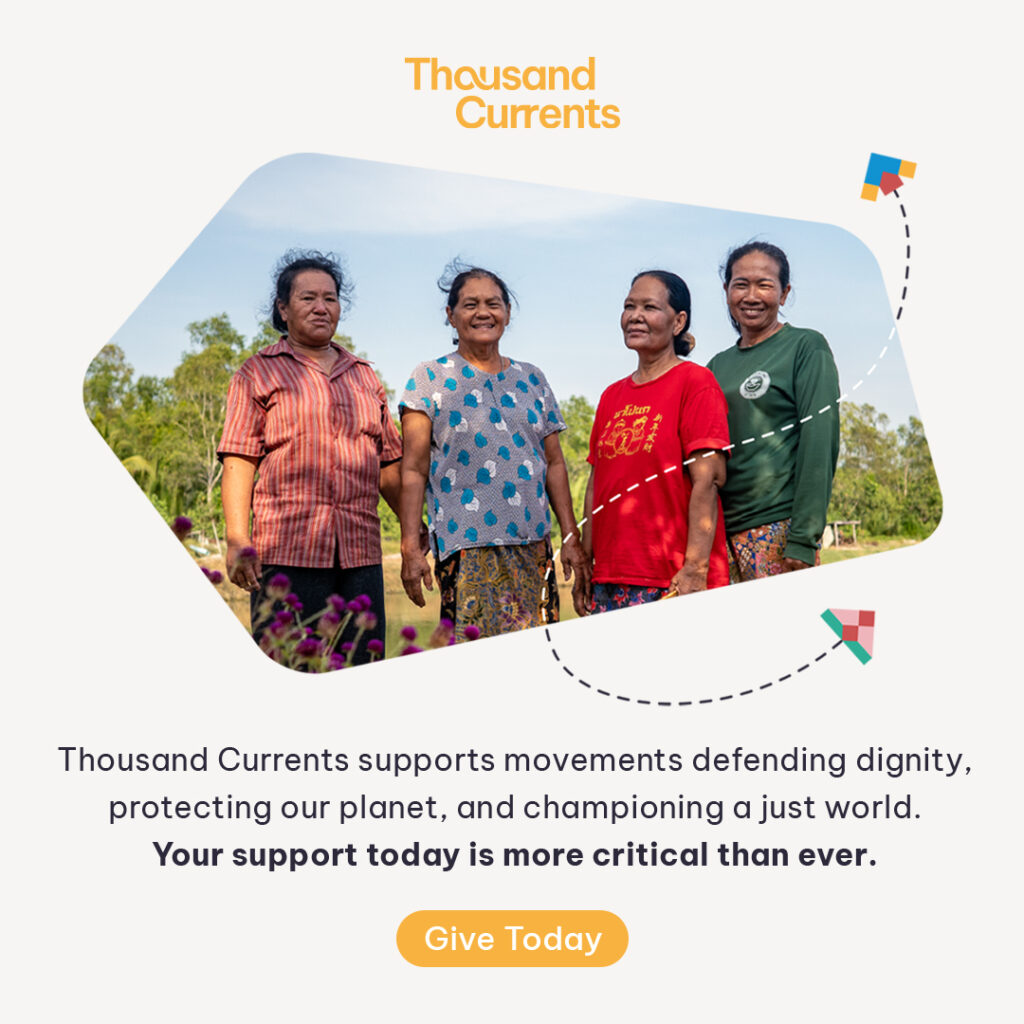This is What Grassroots Brilliance Looks Like!
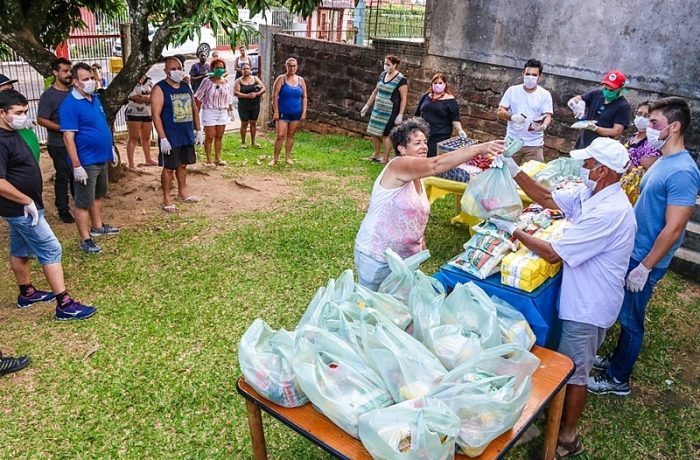
Right now, in the US, as all of us do our part by staying home and changing the way we lead our lives, first responders are putting their lives on the line to take care of us. In crises like this, for many communities and places, grassroots groups and movements are their first line of response. They provide services like preventive health education, distribute essential resources from food items to cleaning materials, and offer access to healthcare with resourcefulness and creativity.
Across countries –– from Brazil, to India, to South Africa –– grassroots groups responding to the crisis at hand with incredible ingenuity. Our partners are not only showing us what grassroots brilliance looks like, they are modeling to us all what strong localized systems are capable of.
These are some stories of grassroots brilliance and people-powered responses to COVID-19.
BRAZIL
Our partner, The Landless Workers Movement (MST), is fighting COVID-19 with a multi-pronged approach through education for prevention, providing essential needs like healthy food to urban areas, the poor, homeless and working class, and building capacity to treat people impacted by COVID-19. This month they transformed the building of their training school, Centro Paulo Freire, in Pernambuco to serve as a field hospital for patients with COVID-19.
They are also organizing production of handmade medicines, such as tinctures, teas, syrups to improve immunity. On the day the major restaurant chain Madero laid off 600 workers, the MST donated 12 tons of rice.
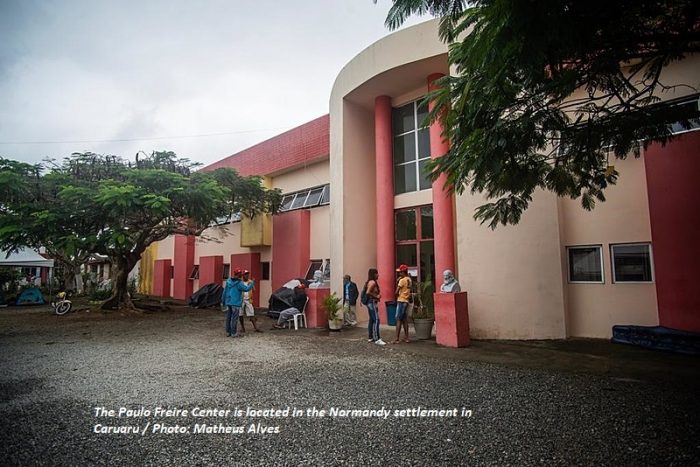
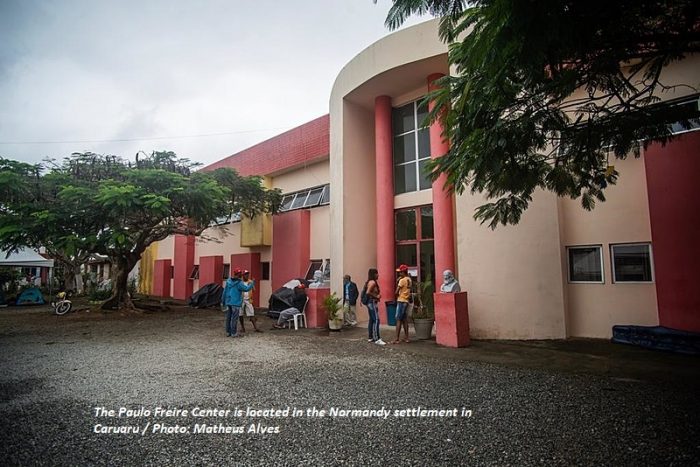
INDIA
The strict mandatory lockdown in India has shuttered the economy, leaving farmers to face huge challenges. Produce prices are plummeting and the supply chain has been badly hit. And for more than a week now, villagers dependent on daily cash from sales to milk cooperatives, have not been able to get any cash to buy food.
Our partner, LVC South Asia’s member organization Karnataka Rajya Raitha Sangha (KRRS), have responded to the crisis by launching a barter system program to provide mutual-aid to rural people.
Through this system, farmers exchange rice for ragi, and milk for vegetables and fruits. Landless labourers are able to receive grains and fresh produce in return for some work. This strategy has received national attention, and the trend is spreading across villages.
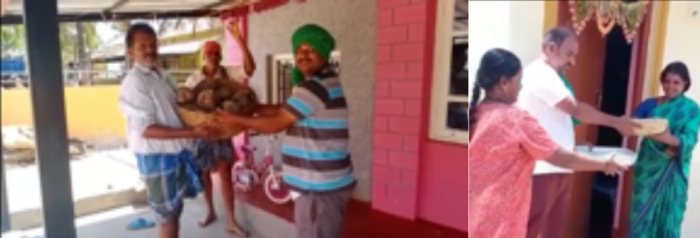
Karnataka Rajya Raitha Sangha (KRRS) members exchanging food.
SOUTH AFRICA
In South Africa, the C-19 People’s Coalition has swiftly responded to the pandemic by organizing a cross-sectoral network made up of various working groups “to contain the infection, reduce transmission and mitigate the social and political impacts of the Covid-19 virus”. In particular, the COVID-19 Gauteng Food Security Working Group has compiled a database of small food producers, food distributors, and community contact points, and coordinated a distribution channel in order to ensure non-perishables and fresh food is reaching areas and vulnerable communities where existing programmes often do not reach.
Their intentionality of sourcing as much food as they can from over 90 small scale producers is helping to sustain the farmers’ livelihoods at a time when many markets have been forced to close. Our partners African Centre for Biodiversity (ACB) and The Initiative for Strategic Litigation in Africa (ISLA), which received an innovation grant from Thousand Currents, are part of this food security working group.
THINKING LONG-TERM
The challenges facing our global community are systemic and are projected to persist through the months ahead, and so it is crucial that our response and commitment to our grassroots partners reflects the timeline ahead.
The incredible people-powered initiatives we shared from our partners are responding to the crisis at hand with brilliant and effective solutions. In doing so, they have also helped build and strengthen food systems, community health networks, and community response systems, which are critical factors for building resiliency in the face of global challenges yet to come from our rapidly changing climate. That is why going above and beyond today to champion grassroots solutions is so vital.
Related Stories
